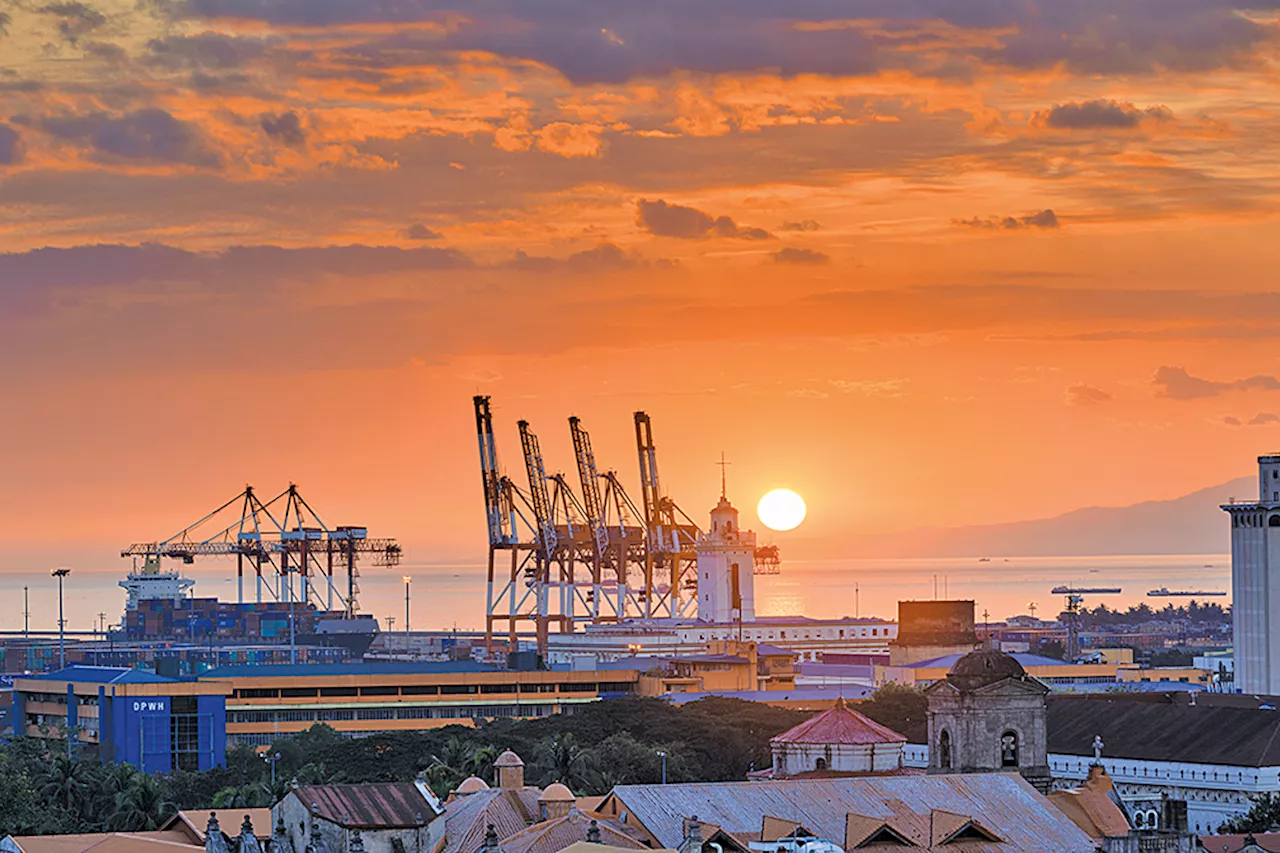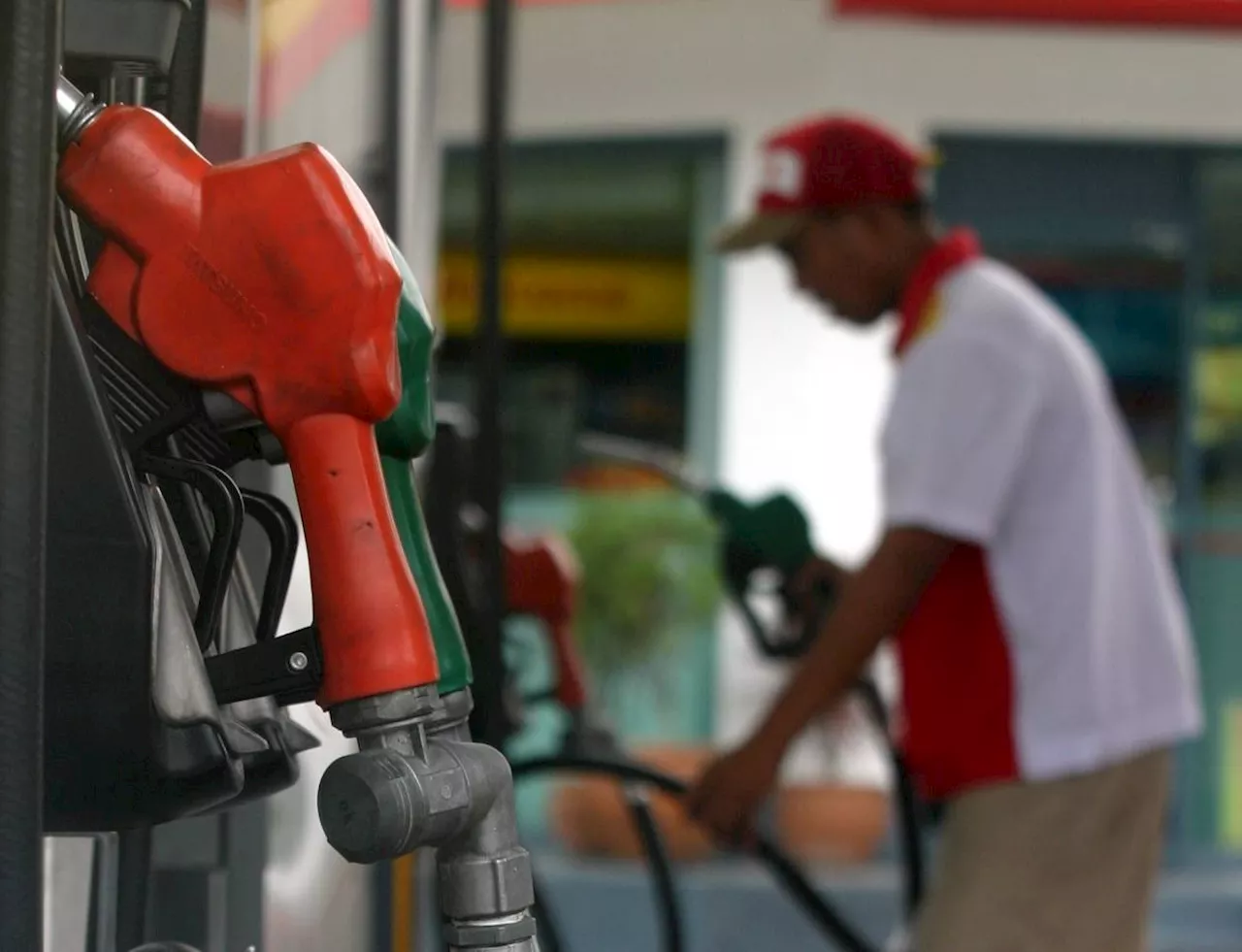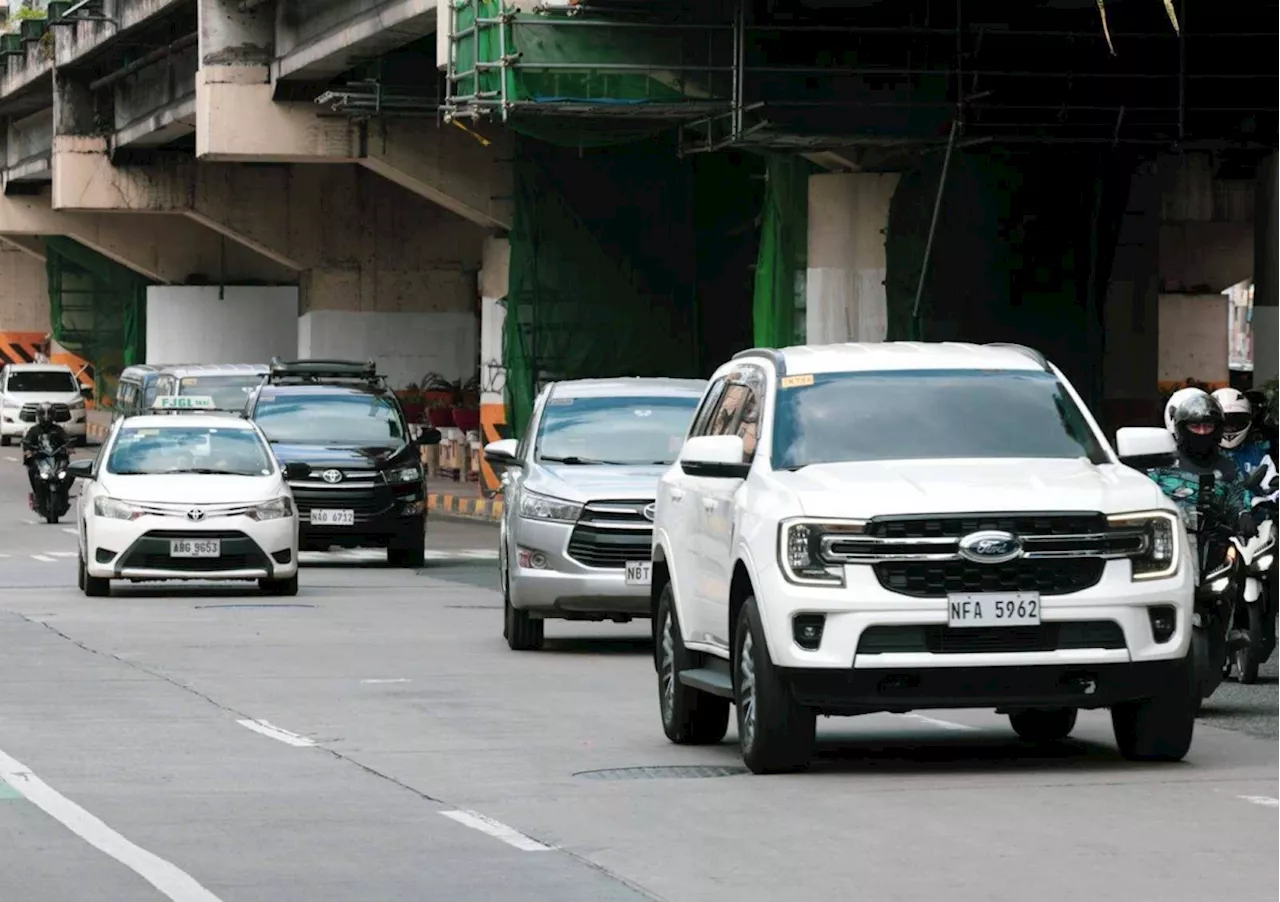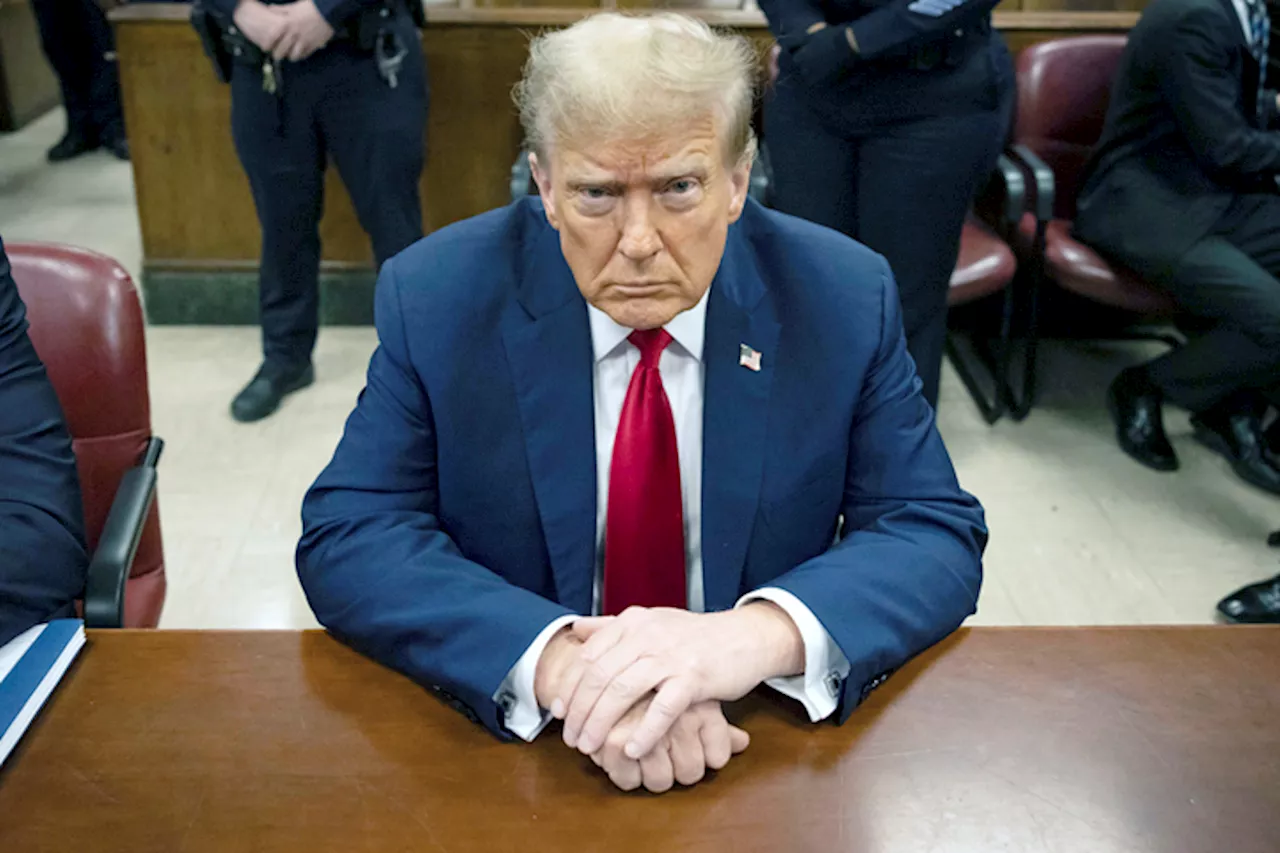The Asian Shadow Financial Regulatory Committee (ASFRC) warns that uncertainties surrounding the Trump administration's policies are driving a global push away from the US dollar.
UNCERTAINTIES surrounding the policies of the incoming Trump administration are fueling de-dollarization efforts globally, according to the Asian Shadow Financial Regulatory Committee (ASFRC). In a forum last Monday, ASFRC Chair and Massey University School of Economics and Finance Professor Martin Young said BRICS countries want to move away from the dollar. If this is the direction, Young said, it cannot happen immediately.
He said while it is not impossible, developing countries can start this by trading using their own currencies. \“The first step is for a lot more local currency invoicing. So if the Philippines is trading with Thailand, you use Philippine accounts and Thailand accounts,” Young said. “The downside of that has always been the fact that the foreign exchange markets are so liquid in US dollars and not near so liquid say between Thai baht and Philippine peso.” Young said there is a need to fully develop foreign exchange markets in order for trade to move away from the US dollar. As for the creation of a new currency that BRICS countries are considering, his personal view is that it may not materialize. “My personal view is that probably they aren’t going to come up with an answer. It’s not going to happen. But I think they will put in place some form of guarantee for transactions between BRICS countries. Some sort of guarantee which is backed by my own resources,” Young said. \Apart from the uncertainties, Trump tariffs are prompting more countries to join not only BRICS but the Regional Comprehensive Economic Partnership (RCEP), another alternative economic bloc. BRICS represents 40 percent of global GDP in purchasing power parity (PPP) terms and has gained three new members: Thailand; Indonesia; and, Iran. The country became a member of the RCEP in 2020 when the negotiations concluded but the Senate of the Philippines ratified the agreement only in 2023. “Countries join these blocs because China might withstand a trade war with the US and US tariffs affect other countries too, prompting them to hedge their positions,” ASFR said. Overall, the uncertainties created by the incoming Trump administration is a concern for many not only from a currency point of view given that the first term of Trump led to significant welfare losses in Asian countries except for Singapore. \In the ASFR forum, University of the Philippines Economist Maria Soccoro Gochoco-Bautista said this was according to a study she did with UP School of Economics Dean Ma. Joy V. Abrenica, Assistant Professor Anthony G. Sabarillo, and Aix Marseille University’s Ricardo Rafael S. Guzman. The study, Gochoco-Bautista said, these welfare losses were in terms of inflation, output growth, and tariff revenues. The total tariff collected from China in the first year of the Trump 1.0 tariffs may have reached $22 billion. This was almost double the $12 billion collected by the United States from China during the first year of the Obama Administration. The ASFR also estimated that should tariffs rise to 60 percent on goods coming from China, global supply chains are bound to be disrupted and fan inflation in the United States. “Using blanket and higher tariffs to contain China could harm it but may not significantly benefit the US. It will also impact other countries, especially in Asia,” ASFR said in a statement read by Young last Monday. Apart from tariffs, Gochoco-Bautista said, the welfare losses may also impact the United States. Deporting a million illegal immigrants from the US annually will amount to $88 billion in logistics costs alone. She added that the tax cuts that Trump wants to implement could also set back the US government’s revenues by $2.3 trillion annually. “So it’s very hard to see from the US perspective how the tariff, the revenue generating exercise can actually make up for the expected cost assuming that he’s successful at deporting at least a million illegal immigrants a year and actually pursuing all the tax cuts that he wants to pursue,” Gochoco-Bautista said. “The US really didn’t gain very much from tariffs in terms of reshoring industries back to the US and then you know you have fewer American consumers have fewer choices, goods to buy and and they buy them at higher prices,” she added. While some Asian countries did benefit from the tariff war between the US and China during the first Trump administration, this did not include the Philippines. “There are winners and losers. But in general we know countries grew by being open economies, open to trade and investment. And anytime you have policies that restrict trade, really nobody gains, in the end, nobody gains,” Gochoco-Bautista said. Based on the latest data from the Philippine Statistics Authority (PSA), the country’s top export market was the United States and its top source of imports was China in November 2024. The US posted the highest export value amounting to $96
DE-DOLLARIZATION BRICS TARIFFS CURRENCY TRADE
Philippines Latest News, Philippines Headlines
Similar News:You can also read news stories similar to this one that we have collected from other news sources.
 Asia-Pacific Trade Growth Moderates in 2025 Amidst Global UncertaintiesUNESCAP predicts a more modest growth in real merchandise exports for developing economies in the Asia-Pacific region in 2025 compared to developed economies, citing slower global recovery and trade tensions as key risks.
Asia-Pacific Trade Growth Moderates in 2025 Amidst Global UncertaintiesUNESCAP predicts a more modest growth in real merchandise exports for developing economies in the Asia-Pacific region in 2025 compared to developed economies, citing slower global recovery and trade tensions as key risks.
Read more »
 Top Line Fuel Retailer Seeks IPO to Fuel Growth in 2025Top Line Business Development Corp., a Cebu-based fuel retailer, is set to launch its initial public offering (IPO) in the first quarter of 2025. The company aims to raise capital to expand its operations, including building fuel depots, purchasing tankers and trucks, and constructing additional service stations.
Top Line Fuel Retailer Seeks IPO to Fuel Growth in 2025Top Line Business Development Corp., a Cebu-based fuel retailer, is set to launch its initial public offering (IPO) in the first quarter of 2025. The company aims to raise capital to expand its operations, including building fuel depots, purchasing tankers and trucks, and constructing additional service stations.
Read more »
 Fuel Prices Expected to Rise Next Week Due to Global FactorsOil industry sources predict an increase in fuel prices next week, driven by global events such as the extended OPEC+ production cuts, increased demand due to winter, and geopolitical tensions.
Fuel Prices Expected to Rise Next Week Due to Global FactorsOil industry sources predict an increase in fuel prices next week, driven by global events such as the extended OPEC+ production cuts, increased demand due to winter, and geopolitical tensions.
Read more »
 Fossil Fuel Finance Deal Stalls Amidst Trump PresidencyTalks between wealthy nations to limit public support for oil and gas projects have failed, jeopardizing efforts to curb global fossil fuel financing. This setback comes as President-elect Donald Trump, who favors increased domestic oil and gas production, prepares to take office.
Fossil Fuel Finance Deal Stalls Amidst Trump PresidencyTalks between wealthy nations to limit public support for oil and gas projects have failed, jeopardizing efforts to curb global fossil fuel financing. This setback comes as President-elect Donald Trump, who favors increased domestic oil and gas production, prepares to take office.
Read more »
 Asian Equities Retreat as Trump's Policies Fuel Inflation FearsAsian stocks dipped and currencies weakened on Thursday amid growing concerns that Donald Trump's proposed tariffs and economic policies could lead to inflation and slow US interest rate cuts. MSCI's emerging market stock gauge fell 0.4%, with Thailand, Taiwan, and Singapore experiencing notable declines. Trump's consideration of a national economic emergency to justify tariffs on both allies and adversaries has raised anxieties about global trade and price stability. The threat of tariffs, coupled with concerns about China's economic growth, has put pressure on Asian currencies and bonds.
Asian Equities Retreat as Trump's Policies Fuel Inflation FearsAsian stocks dipped and currencies weakened on Thursday amid growing concerns that Donald Trump's proposed tariffs and economic policies could lead to inflation and slow US interest rate cuts. MSCI's emerging market stock gauge fell 0.4%, with Thailand, Taiwan, and Singapore experiencing notable declines. Trump's consideration of a national economic emergency to justify tariffs on both allies and adversaries has raised anxieties about global trade and price stability. The threat of tariffs, coupled with concerns about China's economic growth, has put pressure on Asian currencies and bonds.
Read more »
 Fuel Economy Labels Mandatory for Vehicle Sales in PhilippinesStarting this quarter, all motor vehicles sold in the Philippines must be equipped with fuel economy labels, as mandated by the Energy Efficiency and Conservation law. The labels aim to empower consumers to make informed purchasing decisions based on fuel efficiency. The program, implemented by the Energy Department, requires manufacturers, importers, distributors, dealers, and rebuilders to register and provide technical information on fuel economy ratings for all models. A dual labeling system will be used, comprising a removable fuel economy label (FEL) and a fixed fuel economy sticker (FES) with a QR code linking to detailed vehicle information.
Fuel Economy Labels Mandatory for Vehicle Sales in PhilippinesStarting this quarter, all motor vehicles sold in the Philippines must be equipped with fuel economy labels, as mandated by the Energy Efficiency and Conservation law. The labels aim to empower consumers to make informed purchasing decisions based on fuel efficiency. The program, implemented by the Energy Department, requires manufacturers, importers, distributors, dealers, and rebuilders to register and provide technical information on fuel economy ratings for all models. A dual labeling system will be used, comprising a removable fuel economy label (FEL) and a fixed fuel economy sticker (FES) with a QR code linking to detailed vehicle information.
Read more »
